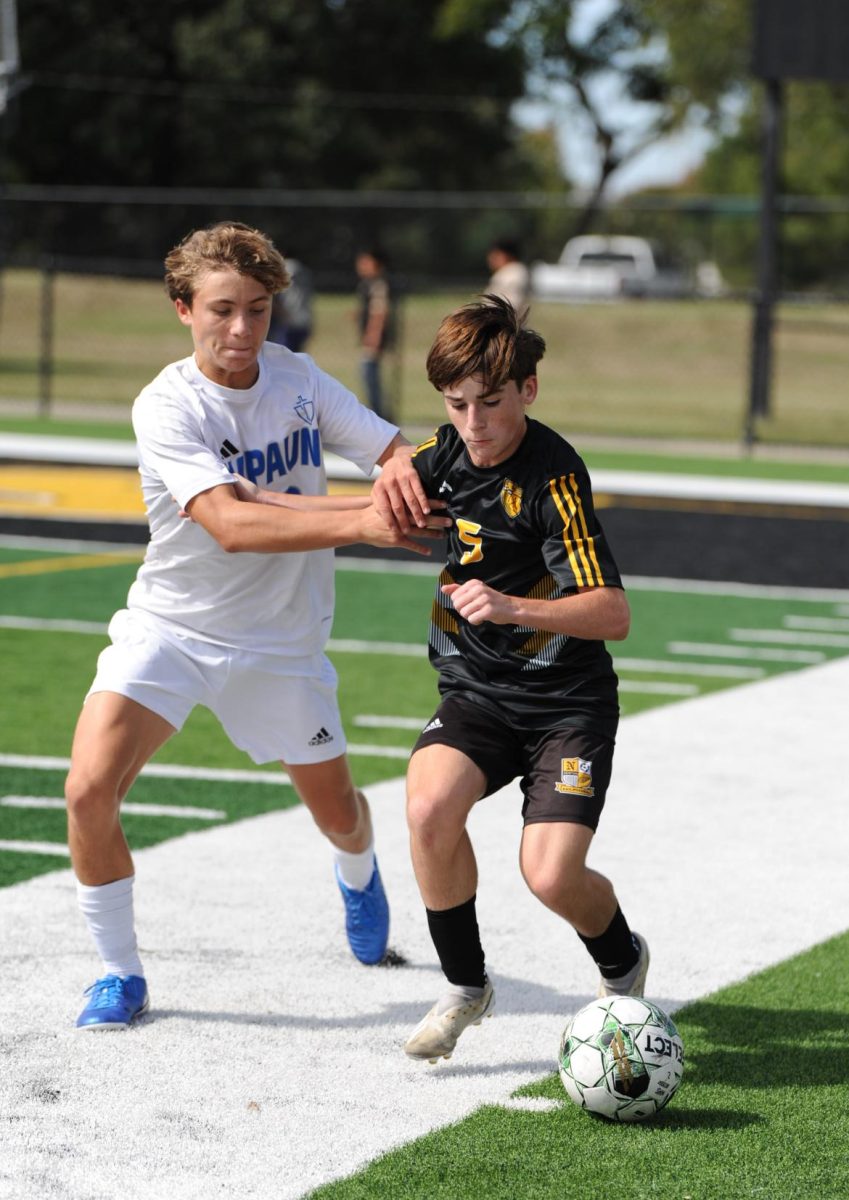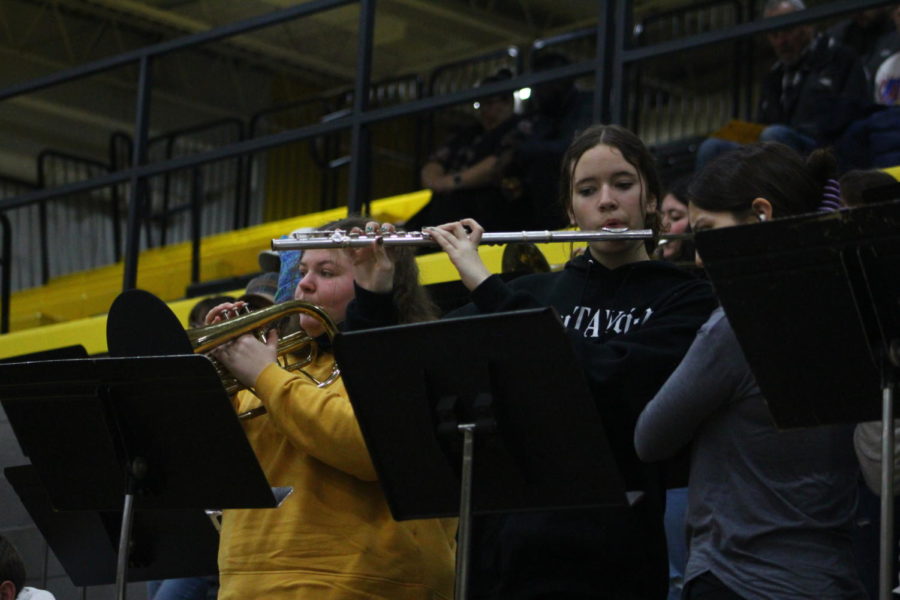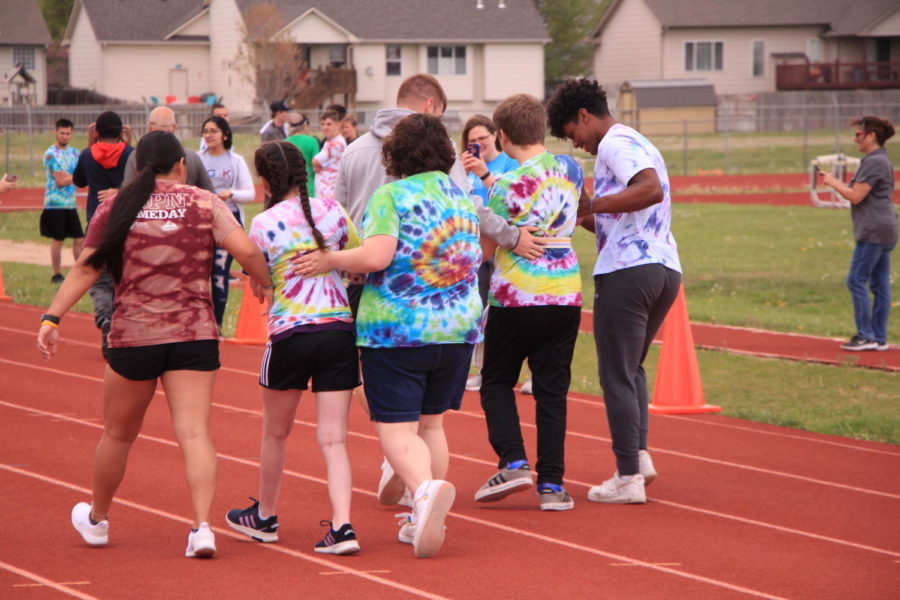Simon Hodge Senior Opinion: High school students need more sleep
May 23, 2022
Before high school, naps were hated, as soon as you start high school however, students are taking naps every chance they can get. Most times you can look around an English class and find at least a few kids in the back sleeping, and kids in the front bobbing their heads trying not to fall asleep in front of the teacher. Seeing students trying to fall asleep in their classes can make you ask yourself if students should start the school day maybe just an hour later. To fairly answer this question, you have to know if it is the school’s fault or if it is just the student’s not falling asleep early enough.
Average sleep time for a student in high school should be approximately eight to 10 hours every night, which would mean that they would have to end up going to sleep from 11 to nine. When you are a high school student falling asleep from 11 to nine feels like an impossibility, and there is actually a reason why teenagers have a harder time falling asleep at earlier times.
According to UCLA Health, after a teenager hits puberty they go through a shift in their sleep schedule called sleep phase delay, which shifts your circadian rhythm by about two or three hours which puts your natural bedtime at 11 or 12 giving you only six or seven hours of sleep.
Knowing that this is a natural cause and not a purposeful cause for students to fall asleep later at night, there is a strong opinion among many researchers and organizations that schools should start no earlier than 8:30 a.m.
A lack of sleep also comes with its share of health risks. These risks involve not just your learning ability at school but also your athletics, if you are a high school athlete. According to Minnesota sleep society, 65% of student athletes who report injuries are getting less than eight hours of sleep. Sleep helps your body repair its injuries that you have sustained from the previous day. If you lack sleep your body is unable to recover as efficiently, making it so your body still has some of the injury that was sustained from the day before.
The most prominent issue for students due to a lack of sleep is the student’s mental health. According to the American Academy of Sleep Medicine there is an increase of 21% for a depressive mood every day a student goes a night with a lack of sleep.
Since there are so many symptoms and negative effects of a lack of sleep, and because you cannot really control the circadian rhythm change after puberty, schools should be doing more research on the problem. While schools have been starting at 8:00 a.m. for years, and family schedules have been molded around that time, schools could easily get around this by increasing bus stop locations and encouraging more students to take the bus in the morning so as to not hassle their parents.





















